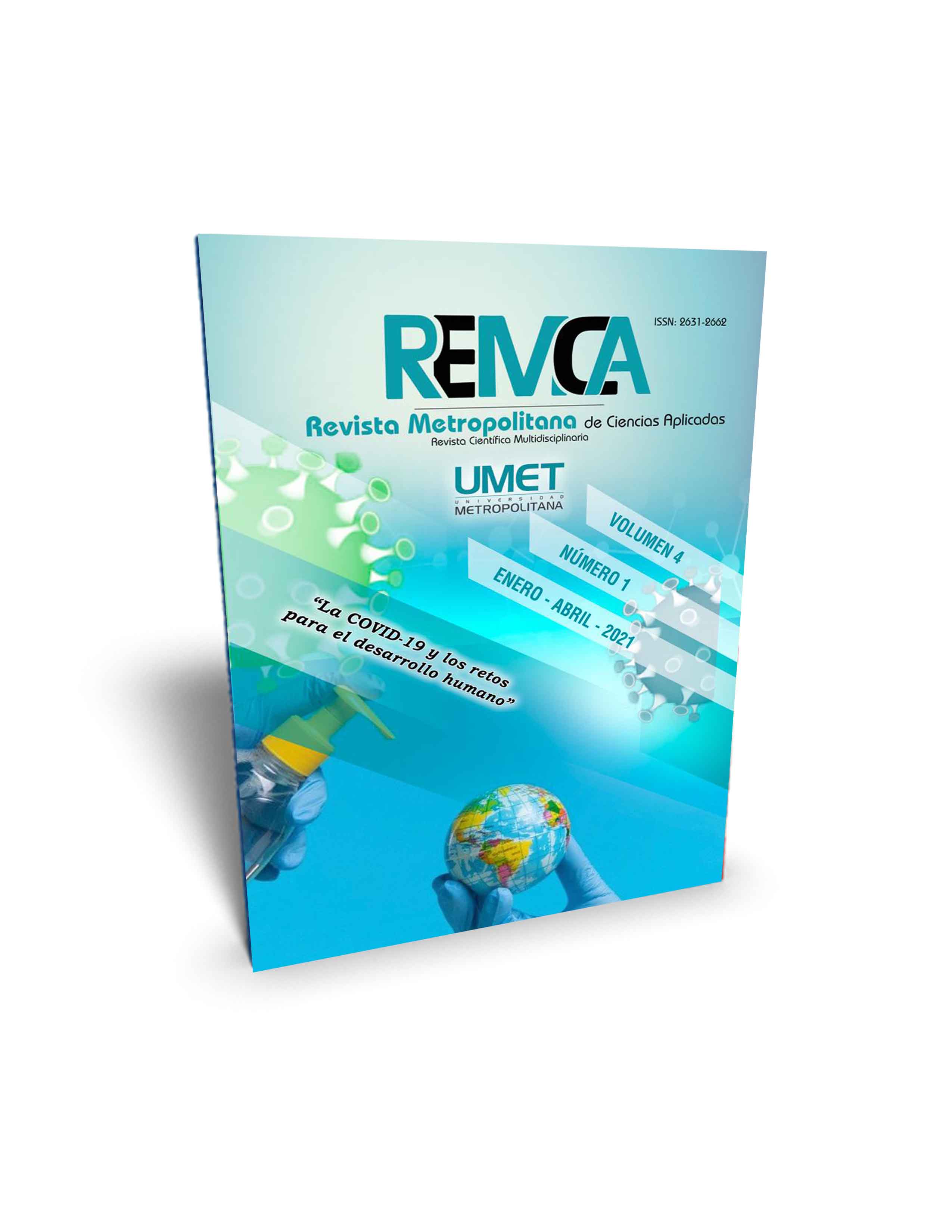Predictive model of transport needs in quito, based on the analysis of information compiled among users of the social network Twitter
DOI:
https://doi.org/10.62452/jrpscq56Keywords:
Transport, Quito municipality, Twitter, Predictive systemsAbstract
The present study proposes the retrieval of information in Big Data, a large repository of information that does not have the scope problem, that is, that data can be recovered from any part of the world, continent, country or location that is required to investigate. Its recovery speed has no comparison with manual field processing, since it depends exclusively on the speed of the hardware used. Our intention is to propose an information management model that reduces the cost of research, reduces the time required and increases the opportunity of information to improve the quality of the mobility service.
Downloads
References
Ecuador. Secretaría de Movilidad. (2020). Estrategia de Resiliencia de Quito. Secretaría de Movilidad. http://www.secretariademovilidad.quito.gob.ec/index.php/la-institucion/politica1.html
Pacheco, M. (2017). El 12% de buses no cumple parámetros de calidad en Quito. El Comercio. http://www.elcomercio.com/actualidad/buses-transportepublico-calidad-pasajeros-quito.html
Python Software Foundation. (2020). Python Enhancement Proposals: The future of Python. https://www.python.org/doc/
PowerData. (2020). Big Data: ¿En qué consiste? Su importancia, desafíos y gobernabilidad. Powerdata. https://www.powerdata.es/big-data
Ramírez Arévalo, H. H., & Herrera Cubides, J. F. (2013). Un viaje a través de bases de datos espaciales NoSQL. Udistrital. https://revistas.udistrital.edu.co/index.php/REDES/article/view/5923/7425
Downloads
Published
Issue
Section
License
Copyright (c) 2021 Tonysé de la Rosa Martín (Autor/a)

This work is licensed under a Creative Commons Attribution-NonCommercial-ShareAlike 4.0 International License.
Authors who publish in Revista Metropolitana de Ciencias Aplicadas (REMCA), agree to the following terms:
1. Copyright
Authors retain unrestricted copyright to their work. Authors grant the journal the right of first publication. To this end, they assign the journal non-exclusive exploitation rights (reproduction, distribution, public communication, and transformation). Authors may enter into additional agreements for the non-exclusive distribution of the version of the work published in the journal, provided that acknowledgment of its initial publication in this journal is given.
© The authors.
2. License
The articles are published in the journal under the Creative Commons Attribution-NonCommercial-ShareAlike 4.0 International License (CC BY-NC-SA 4.0). The terms can be found at: https://creativecommons.org/licenses/by-nc-sa/4.0/deed.en
This license allows:
- Sharing: Copying and redistributing the material in any medium or format.
- Adapting: Remixing, transforming, and building upon the material.
Under the following terms:
- Attribution: You must give appropriate credit, provide a link to the license, and indicate if any changes were made. You may do this in any reasonable manner, but not in any way that suggests the licensor endorses or sponsors your use.
- NonCommercial: You may not use the material for commercial purposes.
- ShareAlike: If you remix, transform, or build upon the material, you must distribute your creation under the same license as the original work.
There are no additional restrictions. You may not apply legal terms or technological measures that legally restrict others from doing anything the license permits.




